Infertility and MACS – A success story
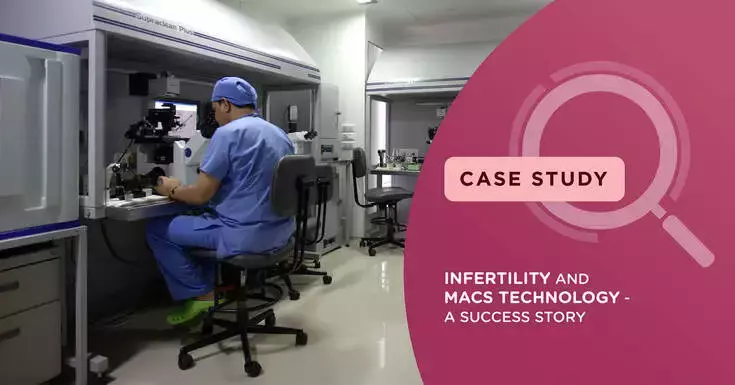
Mr. and Mrs. Singh were unable to bear a child despite trying multiple doctors and treatments for 15 years. Determined to become parents, the hopeful couple visited the Nova IVF Fertility centre, Jalandhar, in 2017.
Medical history
Mrs. Singh (40 years) had a history of genital tuberculosis. Diagnosed in 2006, after a 9 months extensive treatment, Mrs. Singh was completely cured without any damage to her reproductive system.
Usually, genital tuberculosis can cause damage to the uterus and fallopian tubes. In worst-case scenarios, the whole endometrial lining can also be damaged. However, with proper treatment, genital TB can be cured, and women can have a successful pregnancy and enjoy motherhood. In Mrs. Singh’s case, her TB was completely cured with no damage to her reproductive system.
Treatment pre-work at Nova IVF Fertility
Prior to coming to Nova, Mrs. Singh had undergone 3 failed attempts of IVF. Despite the failed attempts, the couple retained their hope of parenting a child. During the counselling session, both were found to be worried and anxious. The counsellors at Nova IVF Fertility ensure emotional and physical preparedness of the patient to undergo the IVF treatments. These sessions helped Mr. and Mrs. Singh with ways to manage stress that they would undergo along with IVF.
Medical tests and their outcomes at Nova IVF Fertility
A few pre-IVF tests were conducted for the couple. Mrs. Singh had a blood workup and an ultrasound while Mr. Singh had a semen analysis done. The results of these tests showed that Mrs. Singh had Polycystic Ovarian Syndrome (PCOS) and Mr. Singh was diagnosed with severe Oligoasthenoteratozoospermia syndrome / OATS.
- Polycystic Ovary Syndrome or PCOS is a condition that is found common among women of reproductive age. It is a hormonal disorder that can cause irregular periods, unwanted hair growth in the body, trouble in losing weight, etc. PCOS can affect one’s ability to have a child.
- OAT / Oligoasthenoteratozoospermia is a condition that includes
- Oligozoospermia – refers to a low sperm count
- Asthenozoospermia – refers to poor sperm movement
- Teratozoospermia – refers to abnormal sperm shape
Diagnosed with these conditions, the couple was further advised by the fertility specialist at Nova IVF Fertility to undergo a DNA fragmentation test. DNA fragmentation test calculates the DNA fragmentation Index (DFI). This indicates the percentage of damaged DNA in sperm. i.e. higher the value, poorer the test outcome.
So, what did the fertility specialist advice?
With OATS and a DFI value three times of the reference value, the fertility specialist at Nova IVF Fertility suggested Magnetic Activated Cell Sorting (MACS) to help them to choose the highest quality sperm, followed by Intracytoplasmic Sperm Injection (ICSI). Mrs. Singh was then stimulated through hormonal injections which were prescribed for 10 days. This subsequently resulted in 19 oocytes. ICSI was performed on these oocytes, and this lead to the formation of 6 embryos. On the 5th day, 2 embryos were transferred to her uterus. And on 1st October 2018, her beta-hCG test was positive.
This case was a complex case with multiple unique tests and treatments that were conducted to achieve a successful pregnancy
Understanding few medical terms
DNA Fragmentation Index (DFI)
Usually, the level of DNA damage in sperm cells cannot be determined using conventional tests. DNA fragmentation test helps measure sperm DNA damage. Here, the sperm cells are stained using a fluorescent probe which interacts with the DNA molecule.
Reference Ranges
- ≤ 15% DFI – excellent to good sperm DNA integrity
- 15 to < 25% DFI – good to fair sperm DNA integrity
- 25 to < 50% DFI – fair to poor sperm DNA integrity
- ≥ 50% DFI – very poor sperm DNA integrity
When DFI is greater than 25% (indicating poor sperm DNA integrity), MACS is usually suggested. Healthy sperms sorted using MACS as thereafter used in IVF/ICSI procedures.
Magnetic Activated Cell Sorting (MACS)
Magnetic Activated Cell Sorting (MACS) procedure isolates healthy sperms from the unhealthy ones. The semen is passed through a separation column inside a magnetic field. MACS is recommended in cases of high DNA fragmentation in sperms, poor implantation rate or repeated IVF failures, miscarriages, etc.
The apoptotic sperms or dead sperms are retained in the separation column whereas the live sperms pass through the column and get collected separately. MACS help in achieving better pregnancy rates and decreases the risk of implantation failure.
Intracytoplasmic Sperm Injection (ICSI)
Intracytoplasmic Sperm Injection (ICSI) is a micromanipulation technique used in IVF treatment. Instead of allowing the sperm to fertilise the egg in a dish naturally, ICSI involves injecting a healthy sperm into the cytoplasm of an egg using a fine glass needle. This treatment does not rely on the ability of the sperm to move and attach itself to the egg and hence is highly beneficial for couples facing male infertility issues.
During fertilisation, the sperm cell swims to the egg, attaches itself on the surface and penetrates to the insides. However, in some cases, the outer layer of the egg is too thick and using ICSI, there are higher chances. ICSI cannot guarantee fertilisation as the cellular processes of fertilisation still needs to occur naturally.
 Infertility Counselling
Infertility Counselling Female Infertility Treatment
Female Infertility Treatment Andrology Treatment
Andrology Treatment Fertility Enhancing Surgeries - Female
Fertility Enhancing Surgeries - Female Fertility Enhancing Surgeries - Male
Fertility Enhancing Surgeries - Male Endoscopy Treatment
Endoscopy Treatment IUI Treatment
IUI Treatment IVF Treatment
IVF Treatment ICSI Treatment
ICSI Treatment Advanced IVF Solutions
Advanced IVF Solutions Embryology
Embryology Vitrification Egg, Embryo, Sperm Freezing
Vitrification Egg, Embryo, Sperm Freezing Preimplantation Genetic Testing (PGT)
Preimplantation Genetic Testing (PGT) Donation Program Embryo / Egg / Sperm
Donation Program Embryo / Egg / Sperm Self-cycleTM IVF
Self-cycleTM IVF

 Self-cycleTM IVF
Self-cycleTM IVF


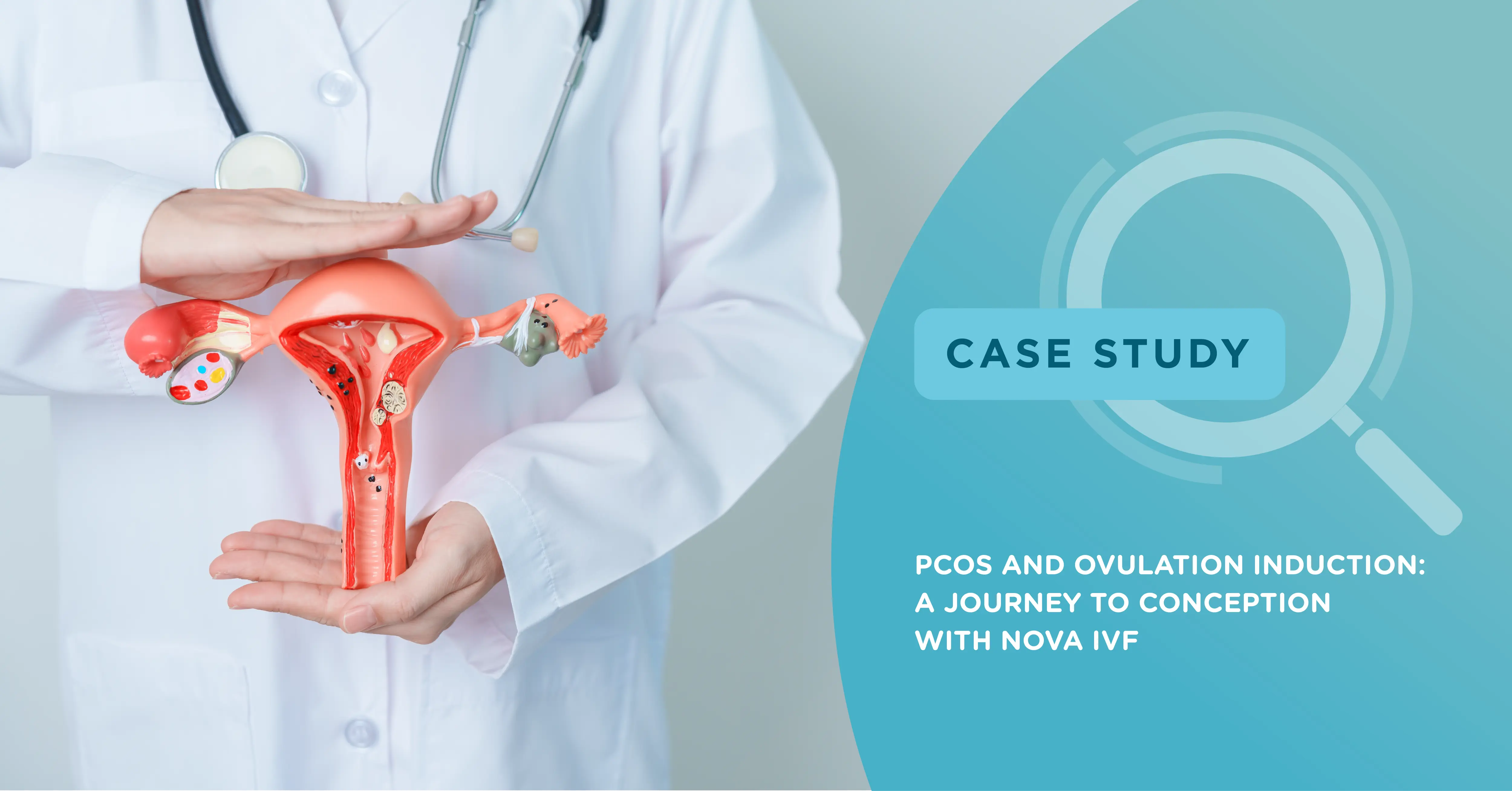
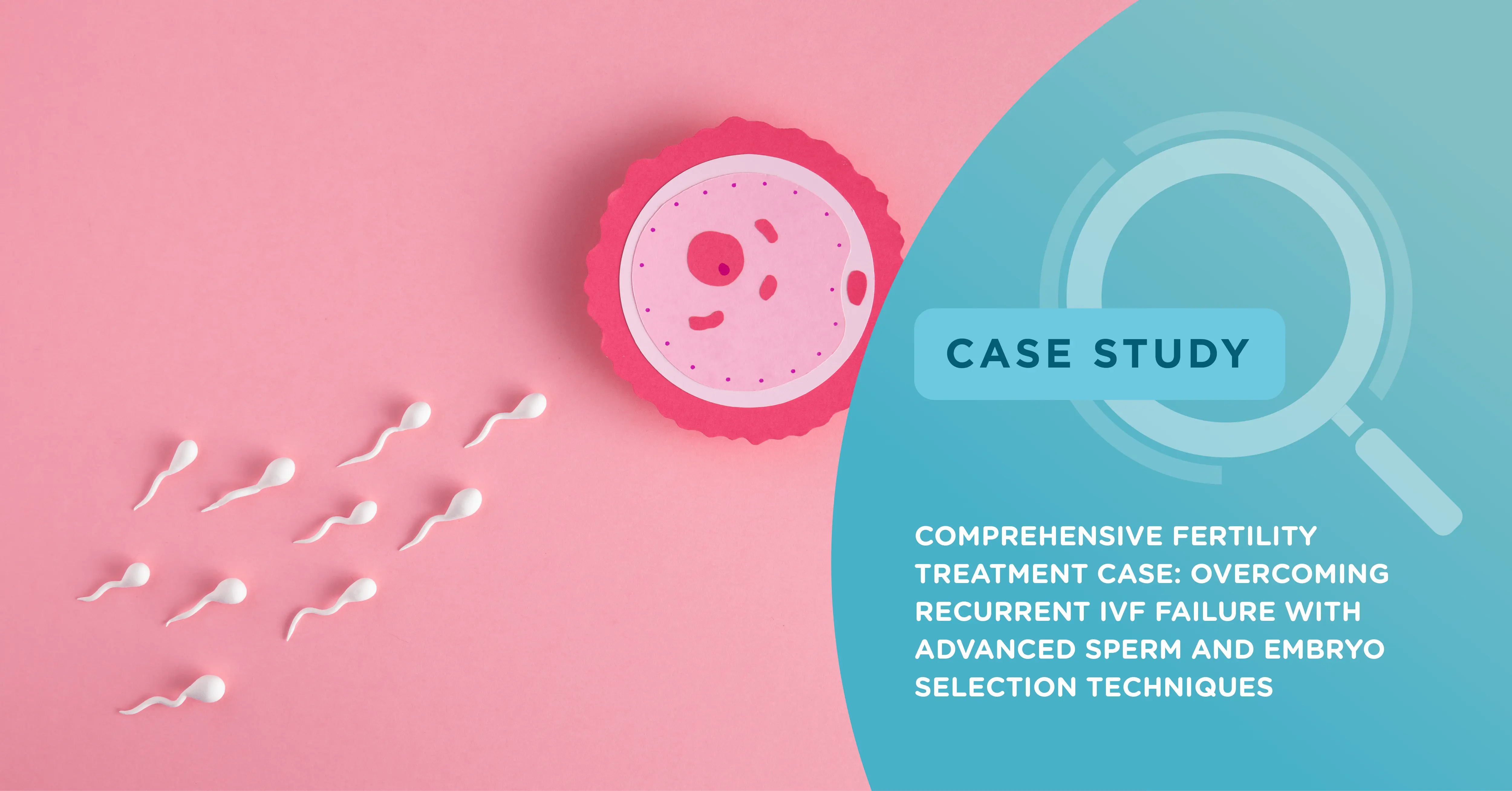
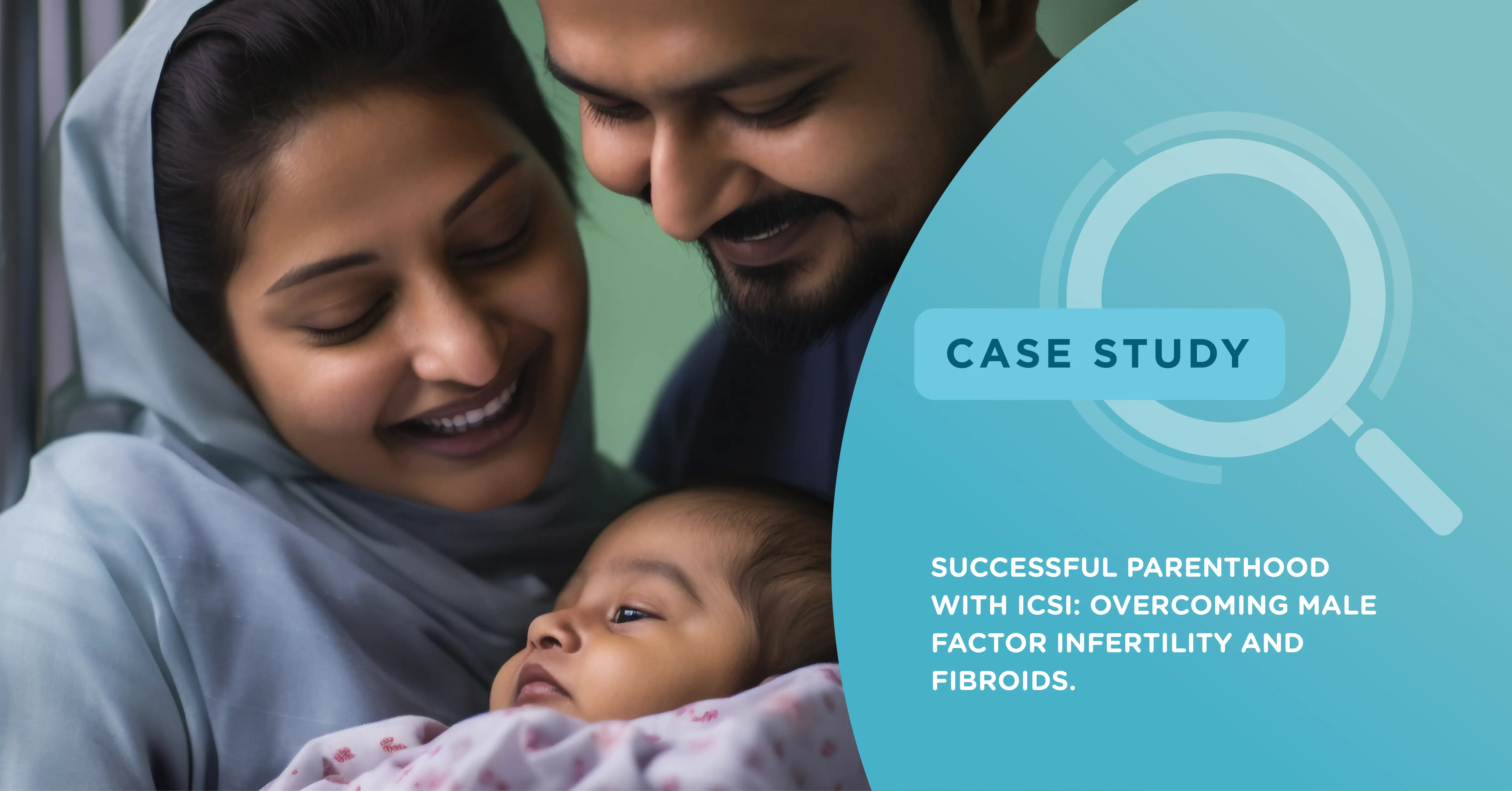
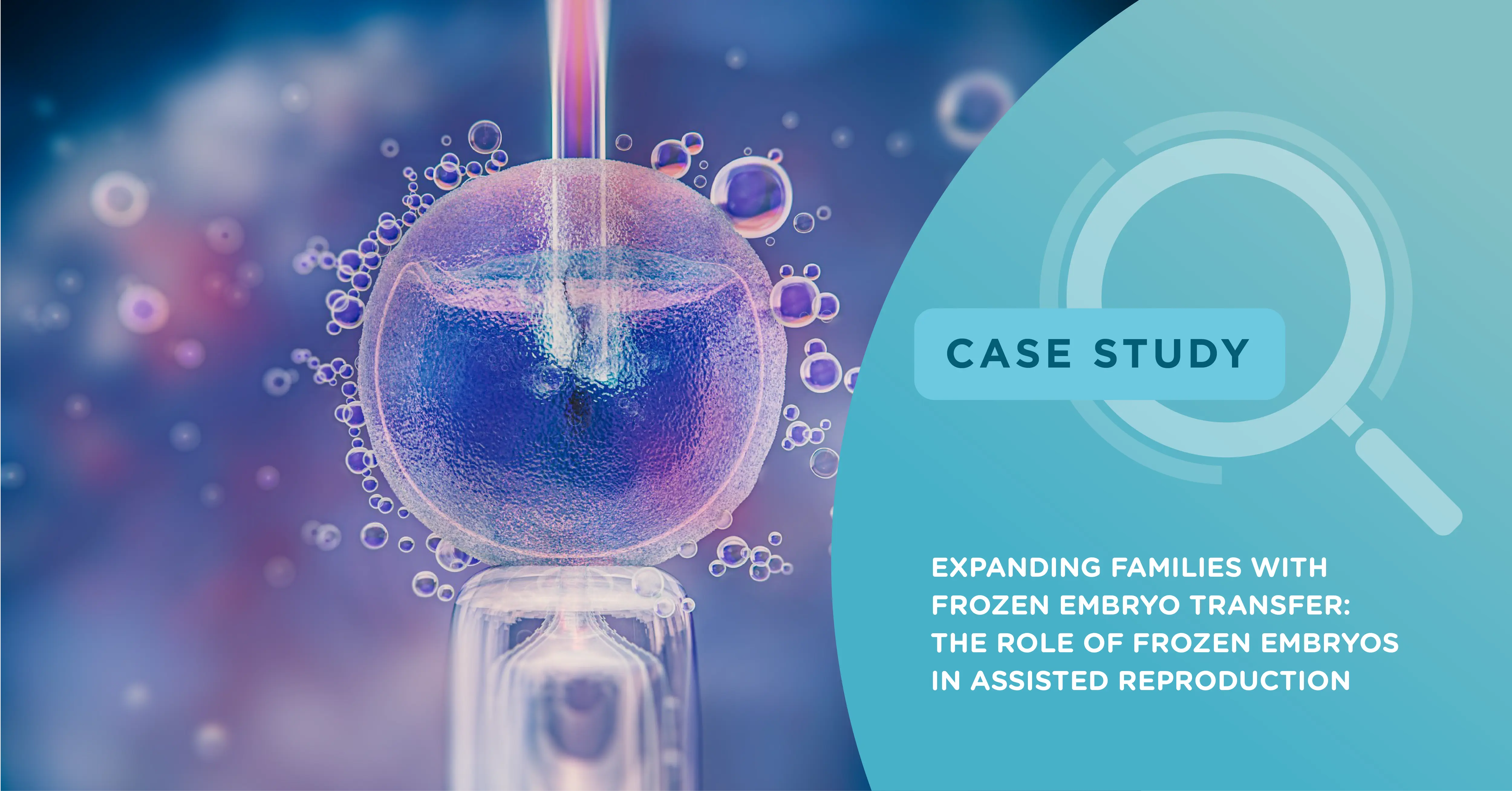

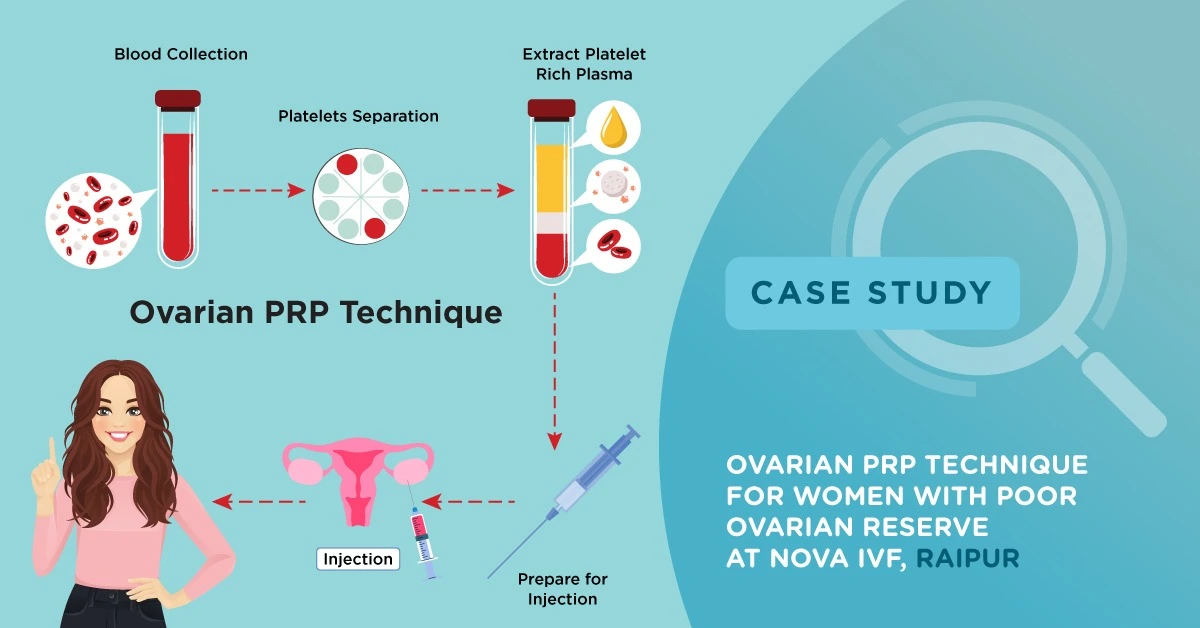
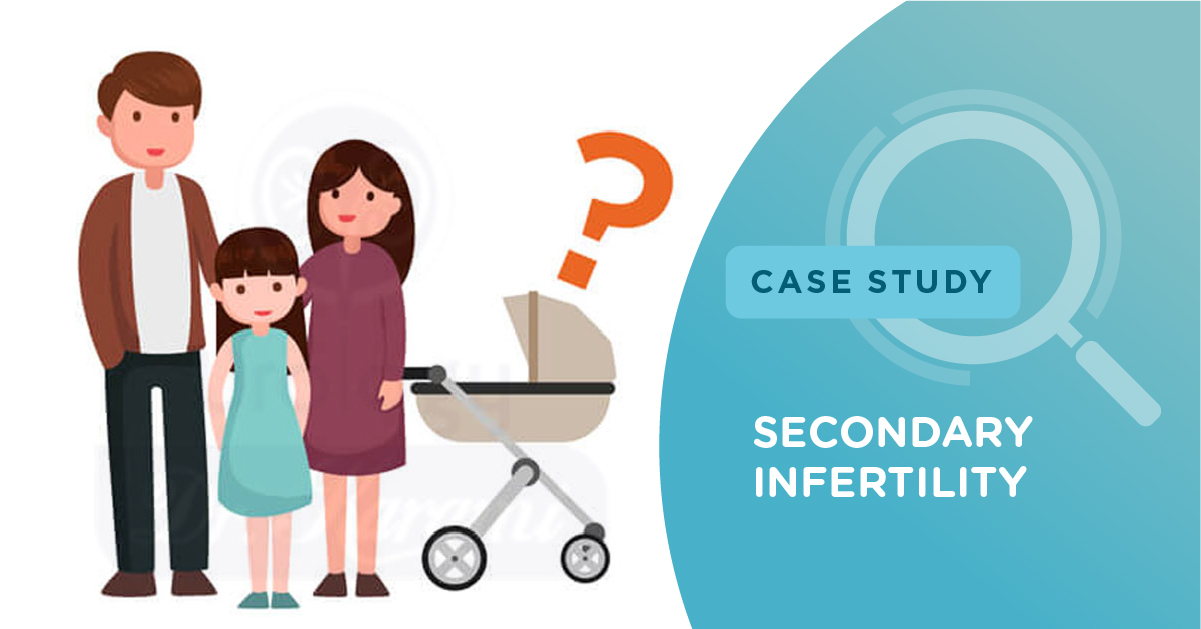
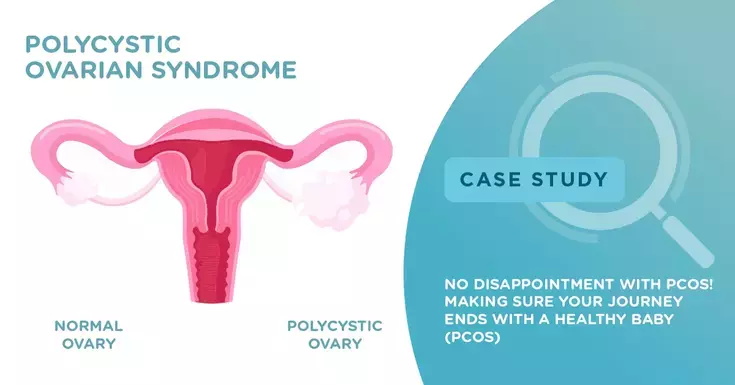






Add new comment